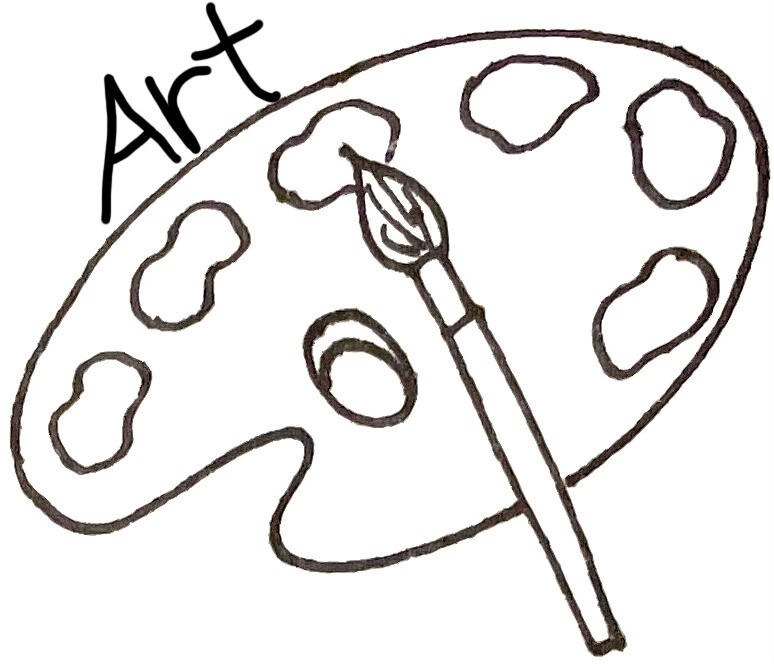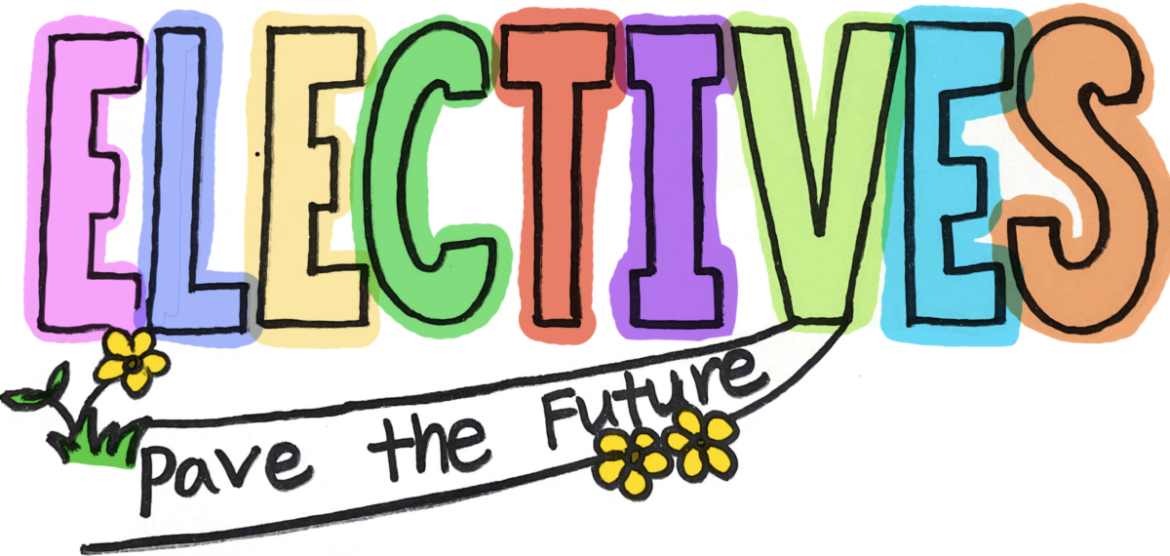Amy Meng, Reporter
Whether it be the visual arts, cooking, or even computer science, the high school has a diverse selection of electives for all students to choose from. While some students may choose electives to enjoy their hobbies or to fill a graduation requirement, others use electives as a tool to help them explore possible future majors and professions.

Sophomore Amanda Aalto is currently taking Child Development 1, a one semester long course. “It’s a prerequisite for the Individual and Family Development class which I’m looking to take, so I thought that this would be good for my sophomore year,” Amanda said. She is really fascinated by science, specifically anatomy, physiology and medicine. “I also love kids. I find them so fun and they always have so much energy. Being a pediatrician just seems like the right way to go.”
In Child Development 1, students learn about the basics of a child’s physical and emotional development as well as types of discipline and play. Amanda also enjoys going to the town preschool to teach and interact with two to three years olds. Each high schooler prepares two lessons per semester for the preschoolers. “There are 14 kids in the class, and we can also sign up to go even if it’s not our lesson to help out, so we can really get to connect with them,” she said.
Amanda recommends the class to anyone who likes kids. “It’s great if you’re looking for a career in working with kids, whether that would be as a preschool teacher or elementary teacher, or if you’re looking to take the Individual and Family Development, which is a UCONN class,” Amanda said.
Meanwhile, junior Lily Auerbach is currently enrolled in AP Psychology. “I’ve always had an interest in psychology. I know that most of the students who take it are seniors, but if this is something I want to pursue, it’s better I take it as soon as possible,” Lily said. During this class, students learn about how the brain and the body work together and how they form the entire individual. “There are a lot of projects and note taking, but the projects are fun and they test how we can apply something to a certain scenario,” she added.

Even if a student does not see themselves in the psychology profession in the future, Lily believes that everyone who has the time and interest should take a psychology class, whether it be AP or grade-level. “AP Psych is considered one of the easier college level courses, but not a throw away one, so you should at least have a little bit of interest in the topic if you want to take it at a high level,” she said.

In pursuit of his career aspirations, sophomore Charlie Williams decided to take the Science Research course, an elective designed to provide students with the opportunity to explore areas of science not covered in other science classes. “We pick an academic article or subject related to science and you make a presentation about the topic. It’s great practice for public speaking and making good presentations,” Charlie said.
Recently, he made a presentation about the effects of cell towers on people. “It was really fun to research and learn about this subject as there’s talk going on right now about putting a cell tower near West School. I would recommend this class to anyone who is interested in learning more about science.”
In the visual arts, students are offered a wide range of classes, from Drawing to Filmmaking courses. Art teacher Jennifer Sinski has taught many students who have decided to continue their artistic education beyond high school. “Over the past five years, I would say there have probably been around 25 students continuing their education in the arts. These students submit physical and digital portfolios done in class in their applications to art schools,” Ms. Sinski said.

Ms. Sinski thinks that having the choice to take a specific art elective already drives students’ level of interest and commitment to that form of media. “For instance, our filmmaking course is really geared towards students who have an interest in video production, narrative cinema or film media, whereas the printmaking and mixed media class offers more of a hands-on experience to different forms of art making that they may not have ever tried before,” she said.
Whether students are planning to study art or not, Ms. Sinski believes art provides students with the ability to navigate the world outside of high school with a creative eye. “Basic design skills, understanding of space, media choice, computer software, technology, and the other twenty first century skills of planning as well as independence, collaboration, and expression of personal voice are critical tools to get you through any program of study.”

Junior Anav Sahay is taking Advanced TV Broadcasting, a class in which students work together to write the script, graphics, videos, and everything else that goes into the broadcast NCTV every other Friday. “I started TV Broadcasting at Saxe Middle School with the Saxe News program, and found out that the high school offered an elective for it,” Anav said. “I recommend TV Broadcasting to creative students who want to make something that they can show others, and to those who like seeing good results on something they worked hard on.”
Anav has worked in all TV Broadcasting studio positions, and has also produced for sports games and plays. “I’ve met a lot of people recently, especially from games, such as other producers from different networks,” he said. Anav is considering a future in TV Broadcasting. “I want to at least minor in TV Broadcasting but I also love engineering, so I would love to do something that combines the two,” Anav said.
Electives allow students to develop new hobbies, and can also pave students’ professional paths for the future. Regardless of the reason to take a course, electives have the potential to enrich any student’s high school experience. “We have such a wide range of electives to choose from so you can really focus on the things that you’re most interested in,” Amanda said.




